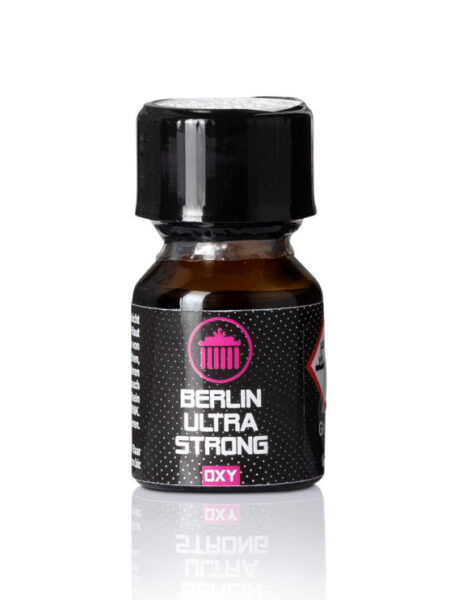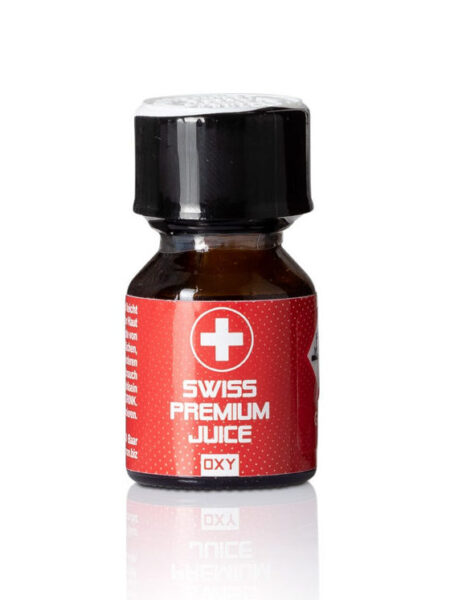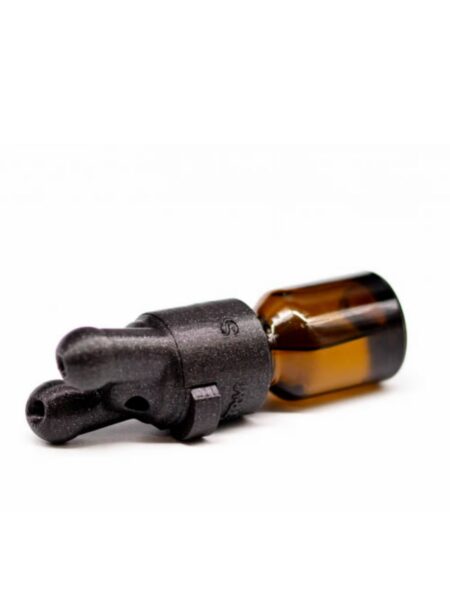- Discreet shipping from Switzerland
- Free shipping from 120.-
- Poppers
-
-
Most popular poppers
123456CHF 49.70Original price was: CHF 49.70.CHF 44.90Current price is: CHF 44.90.123456CHF 96.60Original price was: CHF 96.60.CHF 82.90Current price is: CHF 82.90.
-
Poppers by strength
Poppers by bottle shape
-
Poppers by size
Poppers by ingredients
-
Poppers by brand
Poppers by thread size
-
-
- Poppers accessories
-
-
Most Popular
-
Booster Caps
Banger Stations
-
Aroma Toppers
Storage Depots
-
Inhalers
Holders
-
-
- Drug Store
- Sex Toys
- Poppers FAQ
- Worldwide Shipping
- Contact
- Blog
- Contact
- Poppers
-
-
Most popular poppers
123456CHF 49.70Original price was: CHF 49.70.CHF 44.90Current price is: CHF 44.90.123456CHF 96.60Original price was: CHF 96.60.CHF 82.90Current price is: CHF 82.90.
-
Poppers by strength
Poppers by bottle shape
-
Poppers by size
Poppers by ingredients
-
Poppers by brand
Poppers by thread size
-
-
- Poppers accessories
-
-
Most Popular
-
Booster Caps
Banger Stations
-
Aroma Toppers
Storage Depots
-
Inhalers
Holders
-
-
- Drug Store
- Sex Toys
- Poppers FAQ
- Worldwide Shipping
- Contact
- Blog
- Contact






